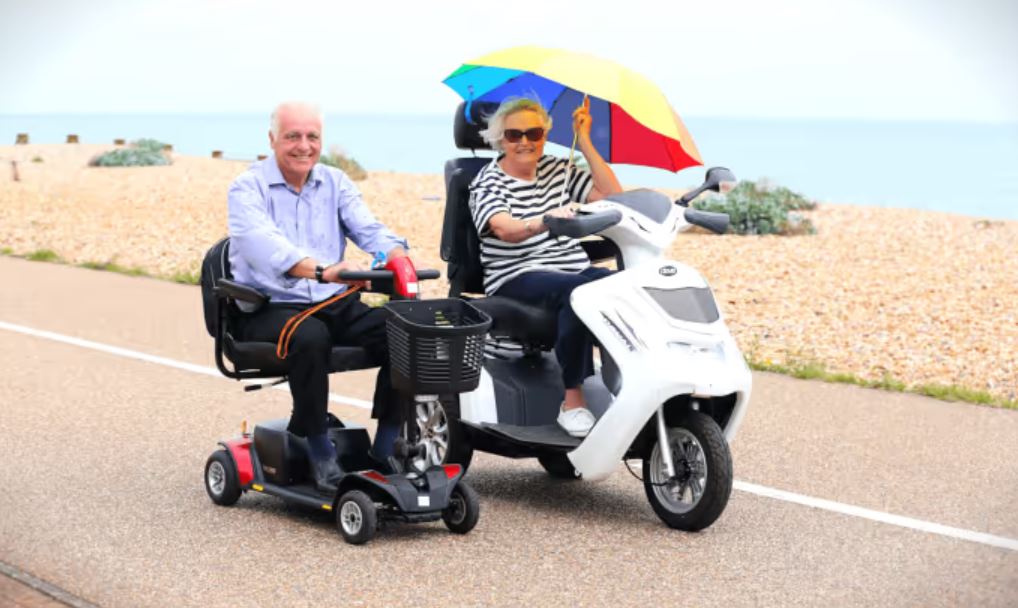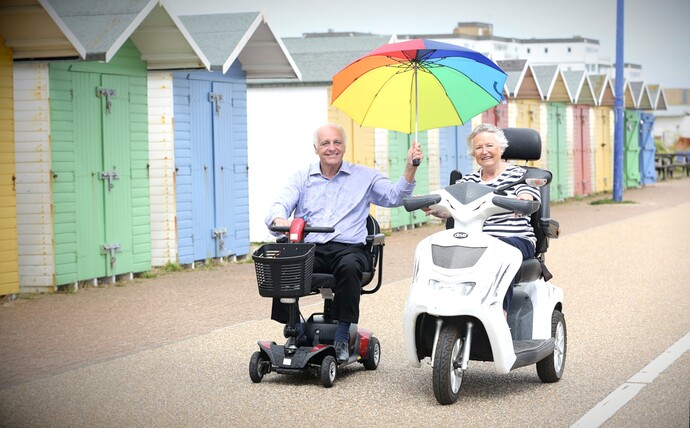This week is UN Road Safety Week 2017
May 8, 2017

This week is UN Road Safety Week 2017, although it would be more apt to describe it as Road Danger Week - 186, 300 children die each year from road traffic crashes around the world. That’s more than 500 children every day.
In September 2015, 193 world leaders agreed to 17 Global Goals for Sustainable Development. If these Goals are completed, it would mean an end to extreme poverty, inequality and climate change by 2030. A specific stand-alone target seeks to, by 2020, halve the number of global deaths and injuries from road traffic collisions.
The #SlowDown campaign calls for urgent action around speed management to reduce road traffic deaths and injuries. It's a campaign we wholeheartedly support. In 1999 The ETA launched Twenty’s Plenty – a campaign for a limit of 20 mph for residential streets - and since then the initiative has swept the country.

Let's all help the UN make this campaign a global success by getting involved. For example, by working with your local authorities, you can reclaim your streets so they are safer for all road users. The UN has teamed up with the 20's Plenty Campaign to create a toolkit about how you can slow down the streets in your community.
{{cta-cycling}}
Road Danger
Future generations will react to today's ambivalence towards road danger in the same way as we recoil at the thought of the open sewers of Victorian London. So says Danny Dorling, a professor from Sheffield University argues road safety is a public health not a transport issue, and until it is properly addressed people will continue to die.
Compared to cancer, and other causes of death, road deaths are falling very slowly. In fact, the most likely way for you to die if you are between the ages of 5 and 30, is being hit by a car. Fear of road danger reduces the number of people cycling and walking, which in turn has detrimental effects on public health - asthma, obesity and stress-related illnesses to name a few.
Professor Dorling compares road danger to the open sewers of the 19th century, or smoking in the first half of the 20th century. Until these dangers were taken seriously as public health concerns, people continued to die. Dorling argues that road danger reduction should be taken out of the Department of Transport and moved in to the Department of Health; road safety needs to be managed by the people concerned with saving lives, not those focused on keeping people moving.
https://www.youtube.com/watch?v=nRhVy_i4qlI
Your journey. Our world
The ETA has been voted the most ethical insurance company in Britain for the second year running by the Good Shopping Guide. Beating household-name insurance companies such as John Lewis and the Co-op, the ETA earned an ethical company index score of 89.
The ETA was established in 1990 as an ethical provider of green, reliable travel services. Over 26 years on, we continue to offer cycle insurance, travel insurance and breakdown cover while putting concern for the environment at the heart of all we do.
Information correct at time of publication.







